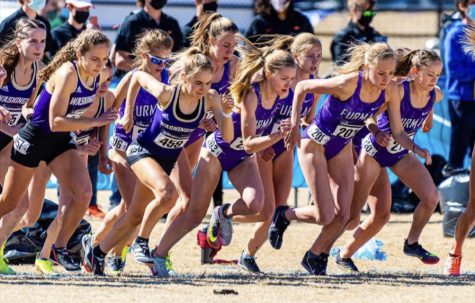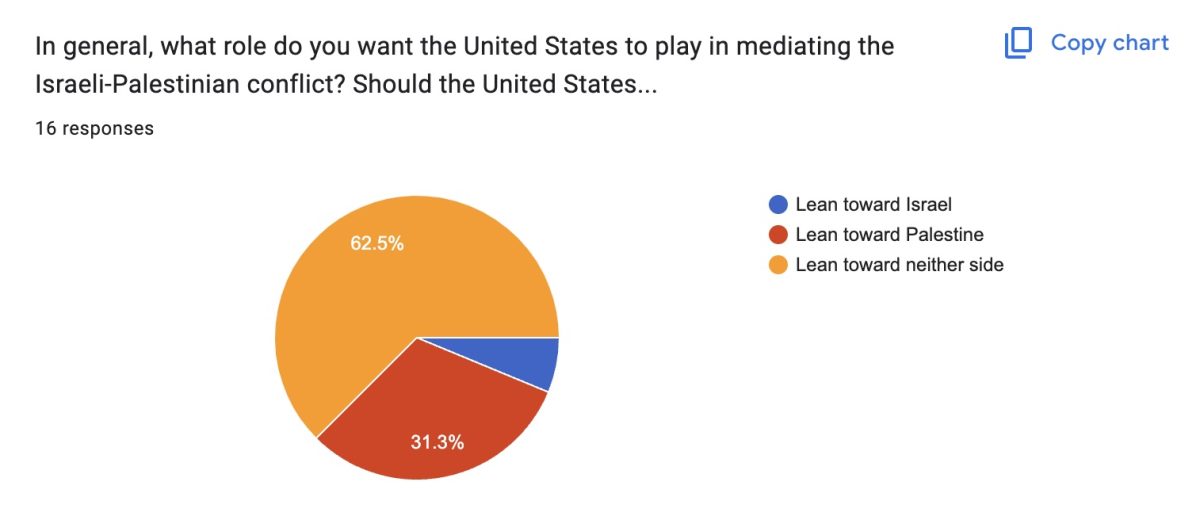Prioritizing Mental Health of Athletes
Prioritizing Mental Health of Athletes
By Jada Mendez
Prioritizing mental health when it comes to athletes is essential, especially when it comes to sports performance. Oftentimes, athletes overlook their mental health issues and put their emotions aside to perform their best.
While it may not seem like it, even the best of the best have bad days. Underestimated at times, confidence plays a major role when it comes to performing in sports. Lack of confidence can take a large toll on an athlete’s mentality, especially when they are struggling to meet their goals. This is commonly the problem when athletes are at their all time low. When an athlete believes in themself, they are more likely to perform their best.
“A confident athlete believes that they are tough enough to not only handle the pain, but thrive in spite of it,” Graham said. “They are willing to go out there and give it everything they have, knowing they are strong enough to do so.”

JCHS Alumni Bethany Graham currently runs cross country and track and field at the collegiate level at Furman University. Graham elaborates on the importance of confidence not only in competing, but on one’s mentality as well. The reason why confidence is so essential when it comes to performing is because without it, one’s mental battle is already lost before it has even started. Graham and several other athletes have had their share of mental battles, especially when it comes to injuries. When an athlete gets injured or does not do their best, that moment can haunt them for the rest of their day.
“The hardest part for athletes that I have coached has been two things: Doing poorly in races and getting injured,” said distance running coach John Stegmeier. “I have often told runners when both happen in a sport that it’s like life. One may sit and feel sorry for themself, but champions in life and sports get up and are determined to work even harder to overcome the injury and be successful.”
Stegmeier has coached athletes ranging from middle school to the collegiate level for 12 years now. He has had his fair share of athletes who have struggled with the mental battle. Tying back to the idea of success when it comes to performance, dedication may play hand in hand with confidence.
“One can give themselves pity all they wish, however it is important to focus on past successes and do their best regardless of the adversity that comes with it,” said Stegmeier.

As the saying goes, athletes must trust the process. Trusting the process includes battling through minor injuries and learning how to grow from them. The relationship of trust between the coach and athlete is essential when it comes to this process. Coaches like Stegmeier have had lasting impacts on athletes that have allowed them to succeed and believe in themselves.
“As a coach, there is a simple four step method that I try each season with every runner that I coach: I try to make each runner believe that I believe in them,” Stegmeier said. “I stress that they will improve and give them high goals, and once the runner believes what the coach believes, they trust the training I provide.”
Furthermore, it is imperative to realize the effect of a team environment. Team environments build a support system and can make participating in a sport worthwhile. Being a part of a team can create lasting friendships and raise one’s self-esteem.
“Being part of a team, especially where everyone performs individually, can be really helpful for your mentality,” JCHS runner Leila Jarama said. “Knowing you’re on a team where everyone strives to perform their best can push you to race more confidently and give your best.”
It is true, having teammates to help push each other can boost an individual’s motivation. When speaking with Coach Stegmeier, he emphasizes the impacts that teams can have when it gets to the competitive level from coaching about 50 teams over his career.

“The best example of what impact team culture can have is when I coached at John Champe High School when the girls distance team placed seventh out of seven teams at districts,” Stegmeier said. “Three months later, the distance girls almost won the state meet. It was because every girl gave their best from experienced to brand new runners. They believed in themselves and their teammates.”
While all of the following factors influence an athlete’s mentality, it is additionally important to maintain a work-life- sport balance. This is a balance that several students have trouble with, however, it can benefit students when maintaining time management.
“You have better practice at interacting with teachers and learning how to be flexible about schedules,” Graham said. “I learned what study tactics worked best for me.”
Prioritizing mental health in athletes is a topic that is not talked about enough when it comes to participating in sports. When an athlete stays on top of their mental health, they can then find their sport to become therapeutic.
“There’s a lot of time to think when you’re running for 13 miles or more, plenty of time for reflection,” Graham said.































